https://repositorio.cetys.mx/handle/60000/1895| Título : | Business ethics, corporate social responsibility, business training and innovative behavior as predictors of employee happiness |
| Autor : | Mercader Pomarón, Victor Manuel Galván Vela, Esthela Salazar-Altamirano, Mario Alberto Ravina-Ripoll, Rafael |
| Palabras clave : | Business;Ethics;Social Responsibility;Business;Training;Innovation;Behavior;Employee;Happiness |
| Sede: | Campus Tijuana |
| Fecha de publicación : | 14-feb-2025 |
| Editorial : | UMA Editorial. Universidad de Málaga |
| Citación : | Jambrino Maldonado, C., de las Heras Pedrosa, C., Cuesta-Valiño, P., & Ravina Ripoll, R. (Eds.). (2025). 8th International Academic and Professional Congress on Happiness: Communication, happiness, economy and innovation: Analysis of entrepreneurial ecosystems with a gender perspective. UMA Editorial. https://doi.org/10.24310/mumaedmumaed.221 |
| Resumen : | This research analyzes the impact of personal and social ethics, business training, corporate social responsibility and innovative behavior on happiness at work and personal happiness, with the aim of exploring how these interrelated variables affect work well-being. and its extension to the personal sphere. Coming from 97 academic studies by different authors, the analysis of the study variables was carried out and their relationships were found, creating the theoretical framework. The study is based on a sample of 323 employees, all of them university graduates, who work in the industrial and organizational sector. Quantitative approach. Thefirst hypothesis (H1), which proposed a positive relationship between personal ethics and happiness at work, was confirmed. The second hypothesis (H2), which proposed a positive relationship between social ethics and happiness at work, was not supported by the data. The third hypothesis (H3), which proposed a positive relationship between innovative behavior and happiness at work, was rejected. The fourth hypothesis (H4), which proposed a positive relationship between business training and happiness at work, was confirmed. The fifth hypothesis (H5), which proposed a positive relationship between social responsibility and happiness at work, was confirmed. The sixth hypothesis (H6), which postulated a positive relationship between happiness at work and personal happiness, was the most robust of all. Organizationsthat invest in the ethical and professional growth of their workers not only improve happiness at work, but also the overall happiness of their employees. Specific geographic and cultural context, focused on the industrial sector of Baja California, Mexico. |
| Descripción : | Pág. 25 |
| metadata.dc.description.url: | https://doi.org/10.24310/mumaedmumaed.221 |
| URI : | https://repositorio.cetys.mx/handle/60000/1895 |
| ISBN : | 978-84-1335-084-4 |
| Aparece en las colecciones: | Ponencias |
| Fichero | Descripción | Tamaño | Formato | |
|---|---|---|---|---|
| Business ethics, corporate social responsibility.pdf | 878.66 kB | Adobe PDF |  Visualizar/Abrir |
Este ítem está protegido por copyright original |
Este ítem está sujeto a una licencia Creative Commons Licencia Creative Commons


